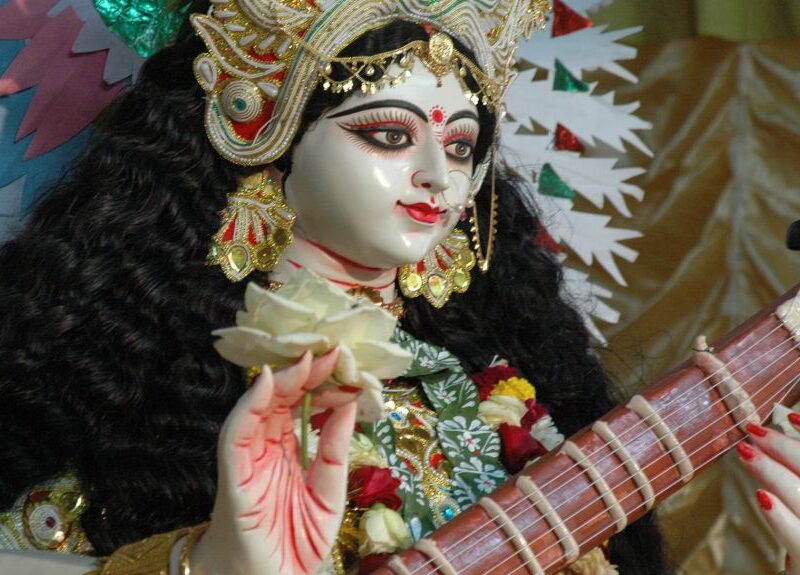
Wealth is good, not the goal
It was a fashionable quest in the 60’s to find meaning in life by wandering about searching for the meaning of life. Boomers experimented going from the temporary highs of drugs to seeking eternal bliss in Eastern philosophy. Those that came across the Hindu scriptures realized that they could end their search in the several millennia old Dharmashastras. These ancient texts extol the four pursuits of life: dharma (righteous conduct), artha (attainment of wealth), kama, (satisfaction of desires) and moksha (liberation). Hinduism enjoins that the pursuit of artha and kama are legitimate and necessary for a healthy society, but that such pursuit must be bound by notions of dharma, eventually leading to the ultimate goal of moksha, the point at which the soul ends its journey of many births and returns to its eternal Home.
Each of the four pursuits are dynamically balanced–and interdependent. So, indeed, wealth is good, but not greed. The poor may inherit the earth, but Hindu philosophy teaches that the empty stomach cannot possibly focus on sublime concepts of nirvana. Wealth must be attained, and desires satisfied, within the bounds of righteous conduct. Similarly, desires that are not harnessed, and ultimately sublimated, will preclude attainment of the other three.
Hindus are cautioned also that each purushartha is appropriate to a stage in life for a society’s steady progression. A student must focus on the acquisition of knowledge only (including both dharma and secular knowledge), a householder focuses on the attainment of artha and kama to support a healthy society, while a senior citizen’s pursuits must be towards liberation and the renunciation of material possessions and desires–not looking for yet another dollar to earn.
These four pursuits are necessarily reflected in an individual’s aspirations. Government is hardly equipped to strike the balance between the purusharthas as each being is on its own path towards liberation. Government must facilitate the human journey and create a context for humanity’s quest for enlightenment. Safety, equality, and justice must prevail, and government is hardly reviled in a truly democratic society. But when a government reflects the worst of its constituents: paranoia, bloodlust, corruption, intransigence–then one can understand the wish for its demise.
To a Hindu, then, Godly thinking must play a role in our economic policies, very much as God is the spark of divine in every being that drives the economy to prosperity, for the good of all society. There is no call to solicit God’s intervention in our nasty political debate–simply an urge to remember life’s four aims and maintain balance as man seeks meaning in life’s bounties.
Views expressed here are the personal views of Dr. Aseem Shukla, and do not necessarily represent those of the University of Minnesota or Hindu American Foundation.






































